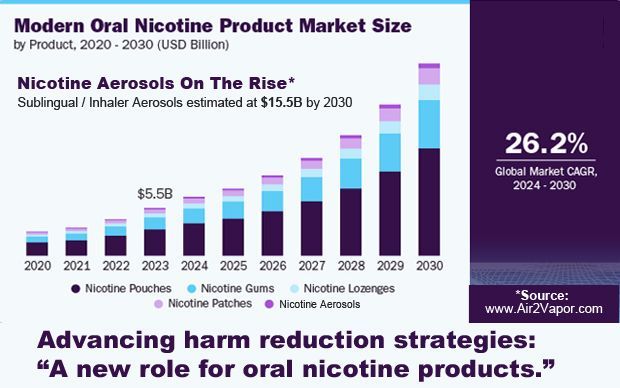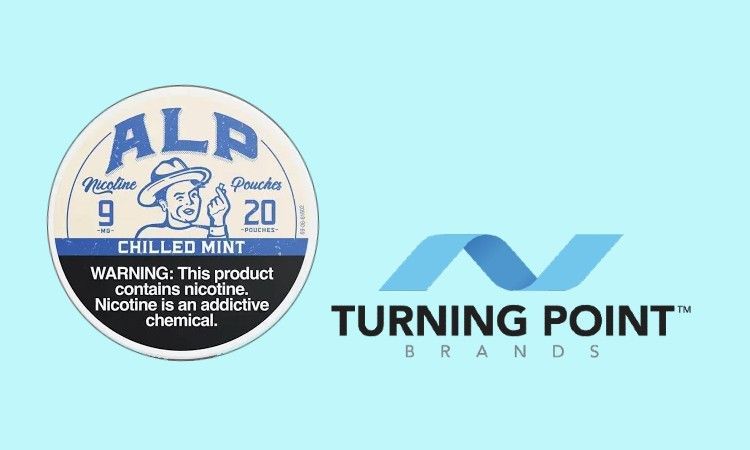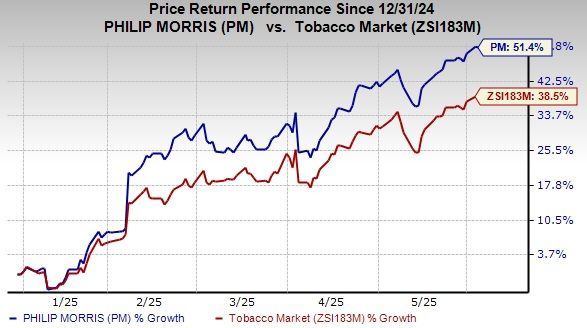Components in tobacco smoke and electronic cigarette form adducts with DNA.
Components in tobacco smoke and electronic cigarette (e-cigarette) aerosol form adducts with DNA, which can cause DNA mutations and affect repair of DNA damage.
DNA adducts are significant biomarkers of tobacco exposure
Numerous studies have shown a strong association between inhaled smoke and lung cancer. The presence of DNA adducts can indicate chemical components of smoke. Therefore, DNA adducts are significant biomarkers of tobacco exposure that might predict lung disease status and serve as precursors to lung cancer, since they trigger DNA mutations and impair biological processes such as DNA replication and transcription.
In 2019, the United States experienced an outbreak of lung injuries
In recent years, e-cigarettes have been popular among young people because of their unique flavor and they are considered a substitute for conventional cigarettes. However, e-cigarettes are not harmless. In 2019, the United States experienced an outbreak of lung injuries associated with the use of e-cigarettes and e-cigarette products, thus resulting in 2800 hospitalizations, and highlighting the dangers of e-cigarettes and products.
Chemical carcinogens in conventional cigarettes and e-cigarettes
Conventional cigarette smoke and e-cigarette aerosol contain different types and concentrations of chemical carcinogens. Many chemical carcinogens in conventional cigarettes and e-cigarettes are reactive and challenging to measure directly.
Biological Consequence
The formation of DNA adducts is a crucial initial event in the induction of mutations and triggering of cancer development through chemical carcinogens, thus linking chemical carcinogens to cancer occurrence at the molecular level. The biological effects of DNA adducts include impeding DNA replication, inducing mutations that can lead to cancer, and being closely associated with aging












